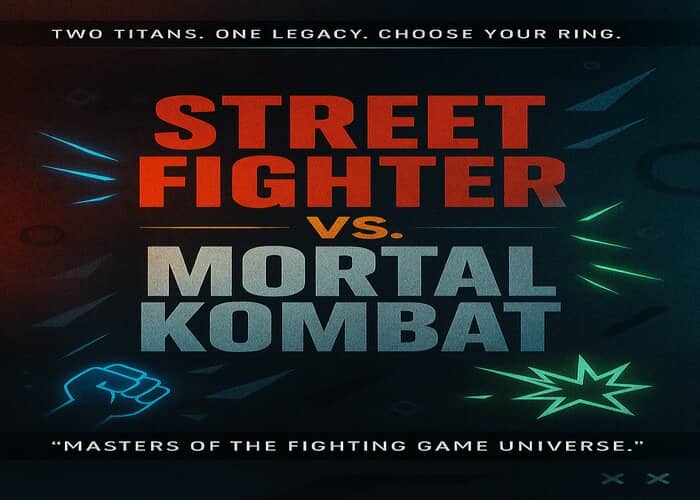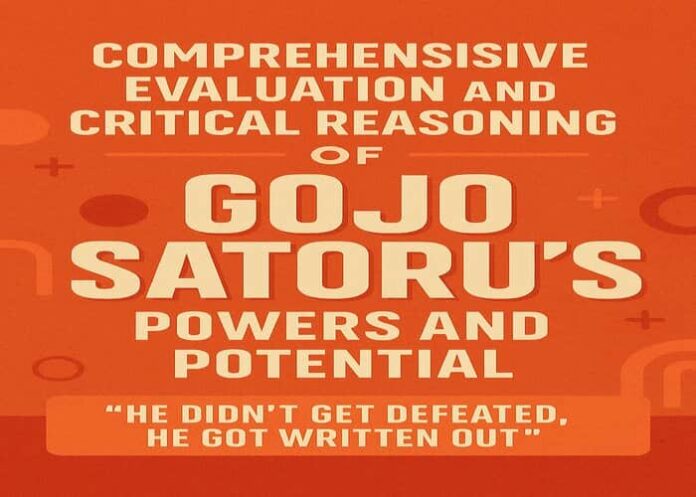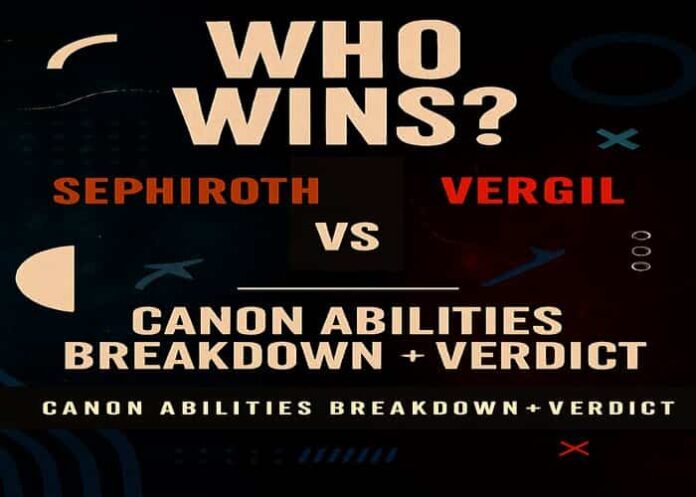
🎮 The Clash That Shaped Fighting Games
Two giants. Two philosophies. Both molded gaming history in their own way. One side is about discipline, precision, and timeless competition. The other? Chaos, gore, and cinematic drama turned up to eleven. Let’s break this showdown apart, one category at a time, and see where each fighter lands a clean hit.
Street Fighter’s Strong Punches
Visual & Artistic Style
Street Fighter isn’t afraid to switch things up. Pixel charm in SFII. Ink-brush oil painting in SFIV. Graffiti explosions in SF6. It’s like a franchise with a wardrobe that never stops experimenting. Mortal Kombat? It sticks to its gritty, bloody lane. Hyper-realistic violence, dark tones, and a consistent horror-fantasy vibe. Both look great, but different kinds of great.
👉 Street Fighter = range and bold experiments. Mortal Kombat = consistency of tone.
🎵 Music & Sound Identity
Who hasn’t hummed Guile’s Theme or felt the calm power of Ryu’s motif? Street Fighter lives on unforgettable character themes. Mortal Kombat fires back with its legendary main theme and bone-cracking sound design that makes you wince even when you’re not the one losing ribs.
👉 SF wins on melody, MK wins on sound immersion.
🧠Gameplay & Competitive Depth
Street Fighter is basically the textbook of fighting mechanics. Footsies, zoning, combos, frame data, it set the standard. Mortal Kombat adds its own spice with Breakers, Fatal Blows, Krushing Blows, and a cinematic flair in every move. Both demand skill. Just in different languages.
🏛️ Legacy & Influence
Street Fighter II didn’t just change the game. It created the game. Mortal Kombat, meanwhile, shook the industry so hard it helped invent the ESRB. Without SF you don’t get the mechanics blueprint. Without MK you don’t get mature-rated games and government hearings about digital violence. Big footprints, just in different directions.
🏆 Esports & Competitive Scene
Street Fighter is the cornerstone of the Fighting Game Community. Evo without Street Fighter is unthinkable. Mortal Kombat’s tournaments are growing and respected, but it’s still chasing SF’s decades of legacy.
🧪 Training Tools & Accessibility
Street Fighter 6 now has arguably the best training tools ever in a fighting game. Frame data, tutorials, everything explained. Mortal Kombat’s tutorials are friendly, accessible, and very clear, but slightly less competitive-minded at the foundation.
🧬 Character Design & Recognition
Chun-Li’s silhouette is iconic. Dhalsim’s stretch, Blanka’s beast form, Zangief’s bulkinstantly recognizable. Mortal Kombat’s ninjas, sorcerers, and cyborgs are also distinct, but Street Fighter characters practically scream global pop culture in their designs.
📖 Philosophical Themes
Street Fighter is about personal growth, self-mastery, and moral clarity. Mortal Kombat takes you through revenge, redemption, and the messy cycles of conflict. The contrast is sharp. One is the path of the warrior. The other, the survival of realms.
Mortal Kombat’s Brutal Combos
🎬 Storytelling
Since MK9, Mortal Kombat has been the gold standard for fighting game story modes. Cinematic, ambitious, and binge-worthy. Street Fighter only recently caught up with SFV and SF6, but for years, its storytelling was scattered cutscenes and text blurbs.
🌌 Worldbuilding & Lore
MK has gods, realms, clans, hierarchies, and mythology stacked on mythology. Street Fighter’s lore is cool but simplerworld tournaments, shadowy organizations, rivalries. Mortal Kombat is an epic saga, Street Fighter is more grounded in its conflicts.
⚡ Character Powers & Abilities
Mortal Kombat is wild. Necromancers, thunder gods, cyber assassins, sorcerers, even bug queens. Street Fighter’s power systemsSatsui no Hado, Psycho Power, Nothingnessare deep, but subtler. MK takes the edge in sheer variety and spectacle.
🧟 Crossovers & Experiments
Mortal Kombat puts Freddy Krueger, Jason, Robocop, Rambo, and the Terminator in its roster. Every announcement feels like breaking the internet. Street Fighter’s crossovers (Marvel vs Capcom, Tekken) focus more on gameplay innovation than shock value. Depends what you love more: spectacle or mechanics.
😂 Pop Culture & Memes
Finish Him! Toasty! Flawless Victory! Even non-gamers know Mortal Kombat catchphrases. Street Fighter holds its own with cosplay, merch, and legendary esports clips. Both are big, but MK has more casual meme recognition.
🤝 Shared Strengths
Both franchises evolved toward better representation and broader inclusivity. Good.
Both survived rocky launches at times and came back swinging. Resilience matters.
Both keep influencing developers, players, and events across the genre. Pillars, not pretenders.
➕ Additional Comparative Categories
Technological Innovation
Both pushed tech in different ways. MK with facial performance capture at a high level. SF6 with dynamic stages and modern presentation. Different bets, same ambition.
Community and Modding Scene
Street Fighter enjoys a lively PC mod scene for skins, colors, and training add-ons.
MK’s tighter licensing limits modding, though fans still create solid cosmetic work.
Accessibility vs Depth Balance
MK onboards beginners clearly and hides deeper tech under the hood.
SF6 layers learning from beginner to advanced with strong tutorial gating. Both try to meet players where they are.
Philosophical and Emotional Themes
SF centers growth and moral clarity.
MK wrestles with cycles of conflict and redemption. Both have meaning, different moods.
📊 The Final Tally
| Category | Winner | Why |
|---|---|---|
| Visual & Artistic Style | Street Fighter | More stylistic range |
| Musical Themes | Street Fighter | Iconic character themes |
| Sound Design | Mortal Kombat | Brutal, immersive effects |
| Gameplay Depth | Street Fighter | Competitive foundation |
| Single Player Content | Mortal Kombat | Cinematic story campaigns |
| Legacy (Mechanics Blueprint) | Street Fighter | Wrote the fighting game rulebook |
| Legacy (Cultural Impact) | Mortal Kombat | Created the ESRB, shook pop culture |
| Esports Presence | Street Fighter | Evo’s cornerstone |
| Storytelling | Mortal Kombat | Best story modes in the genre |
| Worldbuilding & Lore | Mortal Kombat | Deeper cosmology and mythos |
| Character Powers | Mortal Kombat | More variety and spectacle |
| Crossovers | Mortal Kombat | Hollywood-level cameos |
| Pop Culture Impact | Mortal Kombat | Catchphrases everyone knows |
| Training Tools | Street Fighter | SF6’s system is unmatched |
| Character Design | Street Fighter | Instantly recognizable silhouettes |
| Tech Innovation | Tie | Leaders at different times |
| Community & Modding | Street Fighter | PC mod scene is massive |
| Accessibility vs Depth | Tie | MK easier start, SF deeper growth |
| Themes & Philosophy | Tie | Different but equally meaningful |
Street Fighter: 8 clear wins
Mortal Kombat: 8 clear wins
Ties: 3
🧭 Final Thought
Street Fighter is the gold standard for technical mastery and competition. Mortal Kombat is the blockbuster, dripping with lore, blood, and cinematic flair. Choosing between them is less about who’s “better” and more about what kind of experience you value.
Do you want a disciplined test of skill where every pixel matters? Or a violent spectacle where the story feels like a movie and the finishers make your jaw drop?
Either way, both remain eternal champions of fighting game history.
✍️ Author’s Call
If a final flag must be planted, here it is. For pure fighting fundamentals and a scene that never stops sharpening itself, Street Fighter gets the edge. For story that pulls everyone in and audiovisual fireworks that light up a living room, Mortal Kombat steals the spotlight. Different crowns. Same throne room. And yes, both remain essential.
Key Points
1. Street Fighter II invented combos
Well technically players discovered them by accident and Capcom said wait this is actually genius let’s keep it. That happy accident is why modern fighting games feel the way they do today.
2. Mortal Kombat gave fighting games a story binge
MK9 in 2011 brought in full cinematic story modes. Suddenly fighters weren’t just punching bags, they had arcs, betrayals, family drama, the whole Netflix package.
3. Visual glow-ups everywhere
Street Fighter’s look has jumped from pixel sprites to hand-drawn art to painterly 3D to the graffiti punch of SF6. Mortal Kombat prefers to double down on its gritty realism, making every bruise and decapitation look like a movie prop.
4. Violence that rewrote the rules
Fatalities didn’t just shock players, they scared parents and lawmakers enough to create the ESRB rating system in 1994. Mortal Kombat basically invented the “Mature” sticker.
5. Diversity in rosters
Street Fighter gives us Dhalsim’s yoga fire and Chun-Li’s iconic kicks alongside fighters from Brazil, Japan and everywhere in between. Mortal Kombat pulls in gods, soldiers and assassins across realms like Earthrealm and Outworld.
6. The esports anchor
For more than thirty years, Street Fighter has been the crown jewel of tournaments like EVO and the Capcom Pro Tour. Mortal Kombat is growing fast but SF built the stage.
7. Lore like a cosmic fantasy novel
Mortal Kombat’s mythology includes Elder Gods, titans, Netherrealm demons and realm wars. Street Fighter has plenty of lore too, but MK is the one writing whole libraries of it.
8. Philosophical undercurrents
Street Fighter often leans into themes of discipline and inner balance. Ryu’s struggle with the Satsui no Hado is practically a martial arts philosophy class disguised as a fistfight.
9. Mechanics with flavor
Mortal Kombat spices its fighting with Breakers, Krushing Blows and Flawless Blocks. Street Fighter keeps the pure technical foundation but MK isn’t shy about throwing extra sauce on top.
10. Crossovers like comic books
Street Fighter teams up with Marvel and Tekken for fast paced gameplay mashups. Mortal Kombat brings in Freddy Krueger, Jason, Robocop and Terminator to shock players with brutal cameos.
Fun Facts
1. Ryu’s outfit
The white gi and red headband honor traditional karate wear and his master’s fighting spirit.
2. Combos were a bug
Street Fighter II’s combo system wasn’t planned. Players found it, Capcom rolled with it, and history was made.
3. Mortal Kombat used real actors
Early MK filmed actors in costume against a blue screen, giving the games their photo-realistic style.
4. Finish Him
That phrase popped up in the very first Mortal Kombat and instantly became gaming royalty.
5. Guile’s Theme
So catchy it became one of the internet’s longest running memes. People still joke it “goes with everything”.
6. Shang Tsung’s comeback
Cary-Hiroyuki Tagawa reprised his movie role as Shang Tsung in MK11. Nostalgia hit like a fireball.
7. Toasty
That random little “Toasty!” shout was just programmer Dan Forden sneaking a studio joke into the game. Fans loved it.
8. Dhalsim’s yoga fire
His stretchy limbs and fire attacks are inspired by Indian ascetic legends and meditation traditions.
9. Noob Saibot’s name
It’s literally creator Ed Boon’s surname backwards. The hidden ninja is a developer Easter egg.
10. Johnny Cage’s roots
He was a cheeky parody of Jean Claude Van Damme, complete with flashy Hollywood swagger.
11. Chun-Li made history
She was one of the first female fighting game characters built for competitive play rather than eye candy.
12. Dan Forden again
Not just the “Toasty” guy, he also composed much of Mortal Kombat’s music and sound effects.
13. Hadoken’s inspiration
It’s a mix of traditional martial arts ki projection and a cinematic love for glowing energy blasts.
14. Scorpion’s outfit
The yellow ninja look is a tribute to martial arts movie tropes. Sub Zero took blue, Scorpion went sunny side up.
15. The Shoryuken uppercut
Ryu’s signature punch combines Shotokan karate with the drama of a boxing knockout blow. It hurts just watching it.
16. Babalities
MK2 introduced baby transformations as finishers. Instead of gore you got diaper jokes. Brilliant.
17. Sagat’s scar
That chest scar came courtesy of Ryu’s Shoryuken in lore. Proof that rivalries leave marks.
18. Sakura’s debut
She joined in Street Fighter Alpha 2 as a fangirl who trained herself by copying Ryu’s moves. Dedication at its finest.
19. Friendships
MK2 mocked its own reputation by letting players finish fights with a dance or a gift instead of bloodshed.
20. Arcade panic
Some operators covered MK cabinets with plexiglass so kids couldn’t get a front row view of the Fatalities. Didn’t work. Kids always found a way.

